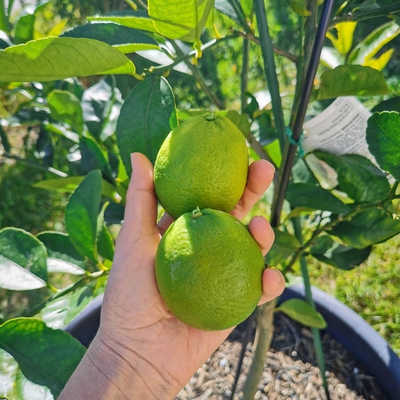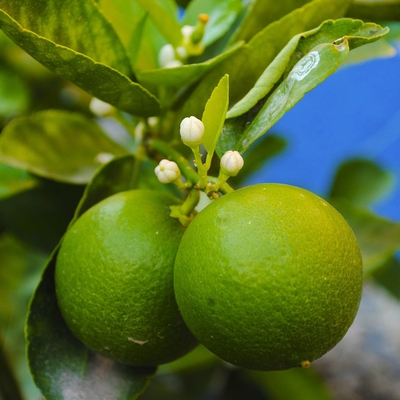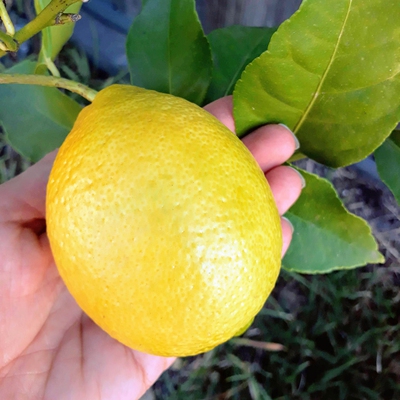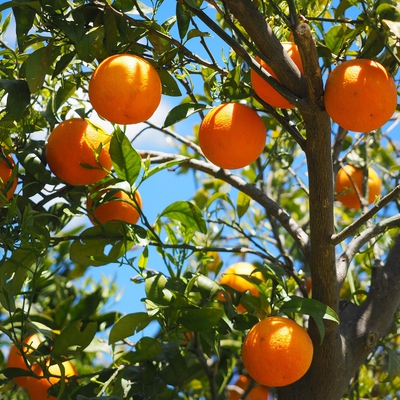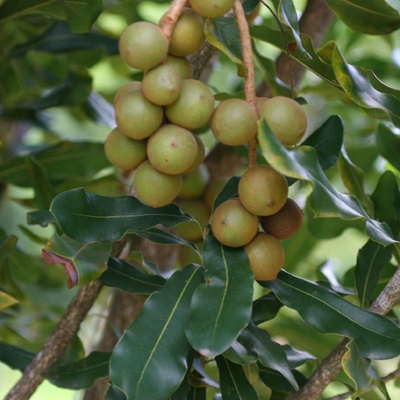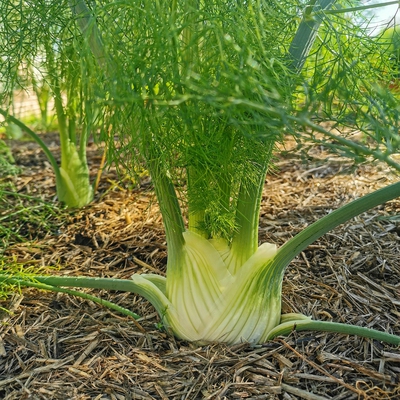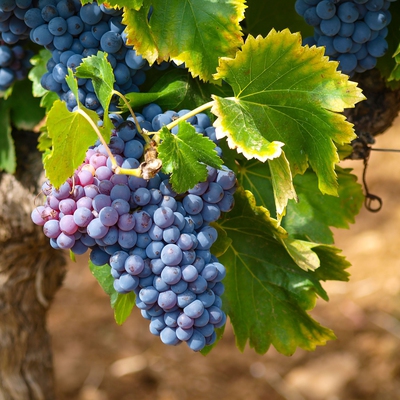A detailed guide to growing Limes, their sun requirements, when to plant and harvest them. Pests and troubleshooting notes included.
 Soil
Soil
What soil is good for Lime?
Lime trees prefer warm, moist soil, well-enriched with well rotted compost.
Like most fruit trees, Limes require deep, well draining soil. They will not tolerate waterlogged soil and will develop root rot as a result. Avoid planting in heavy clay unless the soil has been amended. Heavy soils can be improved by incorporating gypsum, organic matter and by mounding the soil before planting to improve drainage.
 Position
Position
How much sun does Lime need?
Plant Lime trees in a full sun position.
 Frost Tolerant
Frost Tolerant
Is Lime frost tolerant?
No, Lime trees are not frost tolerant. In frost prone areas, plant in a large container and move indoors during winter.
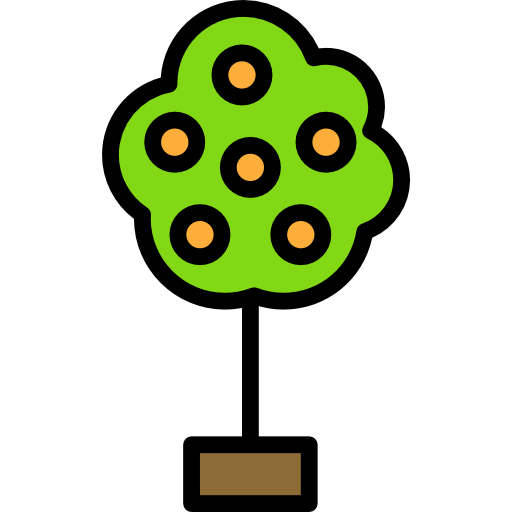 Spacing
Spacing
How much space does Lime need?
Plant Lime trees roughly 5m apart.
 Planting
Planting
When should I plant Lime?
Autumn or early spring is the best time to transplant Lime trees.
Dig a hole 2-3 times the width of the root ball. The hole should allow the plant to sit at the same level in the soil as it was previously. Fill the hole with soil ensuring the crown of the plant, where roots and stem meet, is level with the soil surface.
Plant out in the early morning or evening and/or on an overcast day. Avoid planting at peak sun times or on windy days, this will allow your plants to settle in comfortably and protect them from windburn and sunburn.
 Feeding
Feeding
What do I feed Lime?
Lime trees are heavy feeders. Apply a well-balanced organic citrus food throughout the growing season. Spread the fertiliser evenly around the tree, up to one meter beyond the canopy and water it in well.
Top-dress the soil around the tree with well-rotted organic matter in spring. Add a 2-3 inch layer of mulch around the tree up to the drip line to retain moisture (be careful not to pile mulch against the tree trunk as this may lead to trunk rot and disease).
 Harvesting
Harvesting
When can I harvest Lime?
Grafted Lime trees start to produce crops after two-three years.
Limes are best harvested when they are bright green (before they turn yellow) and when they are plump and full of juice. Unripe limes will be drier inside with less juice and overripe limes will have lost their fresh tangy flavour.
 Pests
Pests
What pests does Lime get?
Pests which can affect Lime trees include: Citrus Leaf Miner, Swallowtail Butterfly, Light Brown Apple Moth, Lemon Bud Moth, Weevils, Fruit Fly, Thrips, Scale, Aphids, Mealybugs, Whitefly, Ants, Crusader Bugs, Mites, Thrips, Citrus Gall Wasp, Spined Citrus Bugs, Nematodes, Snails, Slugs, Ants.
 Diseases
Diseases
What diseases does Lime get?
Diseases which can affect Lime trees include: Anthracnose, Sooty Mold, Melanose Fungus, Greasy Spot, Citrus Scab, Citrus Canker, Botrytis Fungus, Phytophthora Fungus, Huanglongbing (Citrus Greening), Tristeza Virus.
 Notes
Notes
Is there anything else I need to know about Lime?
After harvesting your Limes, pruning is required to remove dead and diseased wood as well as wood affected by pests. Only remove up to 20% of the canopy, starting with the longest growth, anymore and you will sacrifice next seasons crop.
